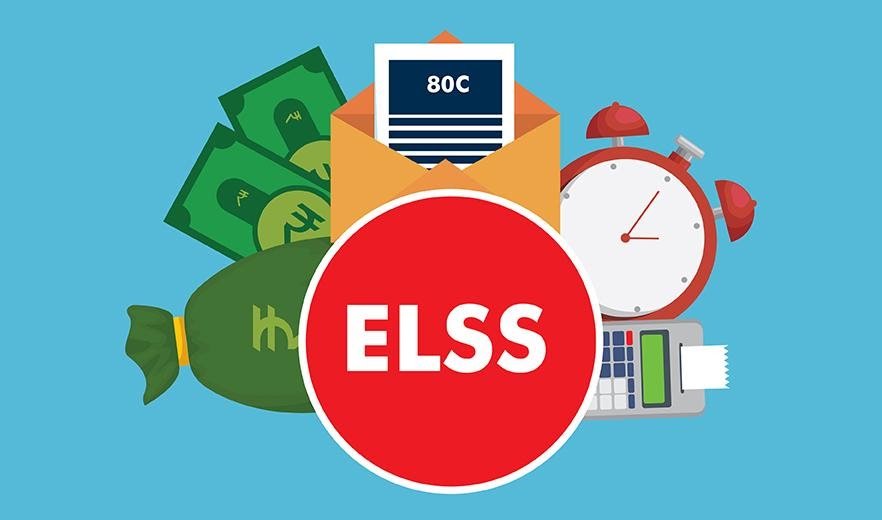All types of mutual funds are an excellent form of investment. That said, ELSS mutual funds stand out from among other types due to their income tax benefits.
ELSS Mutual Funds Explained
ELSS is an acronym that is short for Equity Linked Saving Scheme. ELSS Mutual Funds are considered a good investment as the investment in them is eligible for income tax deduction under Section 80C of the Income Tax Act of India, 1961.
There is a caveat, though, the investment in ELSS comes with a lock-in period of three years. In other words, investors can redeem their investment in them before the lapse of three years from the date of purchase.
Further, ELSS mutual funds invest heavily in equities which means they carry a higher portion of risk than alternatives.
One is thus advised to act with necessary discretion when investing in them.
Lucrative Benefits of ELSS Mutual Funds
The following are some of the reasons ELSS Mutual Funds make such an attractive investment:
- Income tax benefits
The income tax deductions available with ELSS Mutual funds have already been mentioned. The savings in Income tax can extend to 1.5 lakh, which is a significant amount. In this context, mutual funds can be compared to other instruments like Public Provident Fund (PPF) or National Savings Certificate (NSC) that too avail income tax benefits. However, unlike them, ELSS mutual funds are considered riskier but also more rewarding investments.
- Long term investment
The three-year lock-in of ELSS Mutual Funds means that any investment in them is necessarily a long-term investment. Long-term investments mean one can ignore short-term fluctuations being powerless to do anything about them.
- Rupee cost averaging
Instead of investing in ELSS mutual funds in a lump sum, one can invest in them in shorter sums. That helps in averaging out any short-term fluctuations in their cost.
- A zero-cost investment
Given that an investment of up to 1.5 lakhs in ELSS mutual funds can be availed as a tax dedication, one can consider an investment in them up to the amount of tax benefit they offer (which can be up to thirty percent of the amount invested or Rs 46,800 a year) can be considered a zero-cost investment. Any return they give will be handsome.
- Choice after three years
If one invests in ELSS Mutual Funds in small amounts periodically, then at the end of three years, one will find the oldest investment coming out of the lock-in period gradually. One can cash these old funds as and when one chooses.
The bottom line
ELSS is thus an excellent choice of mutual funds for investors with a growth mind and looking for income tax deductions. However, they carry a bigger element of risk, and thus, only those with risk tolerance should invest in them. Further, to avail the maximum of these benefits, one must choose the ELSS mutual funds carefully and monitor the fluctuations in the prices of chosen mutual funds.

